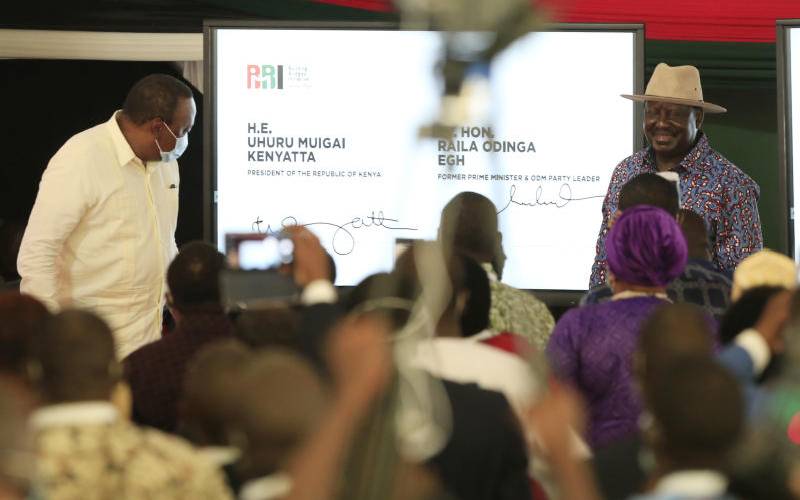×
The Standard e-Paper
Stay Informed, Even Offline

In a strong indictment of the constitutional vandalism of a large segment of our political class, on Thursday the High Court found the BBI constitutional amendment process to be unconstitutional.